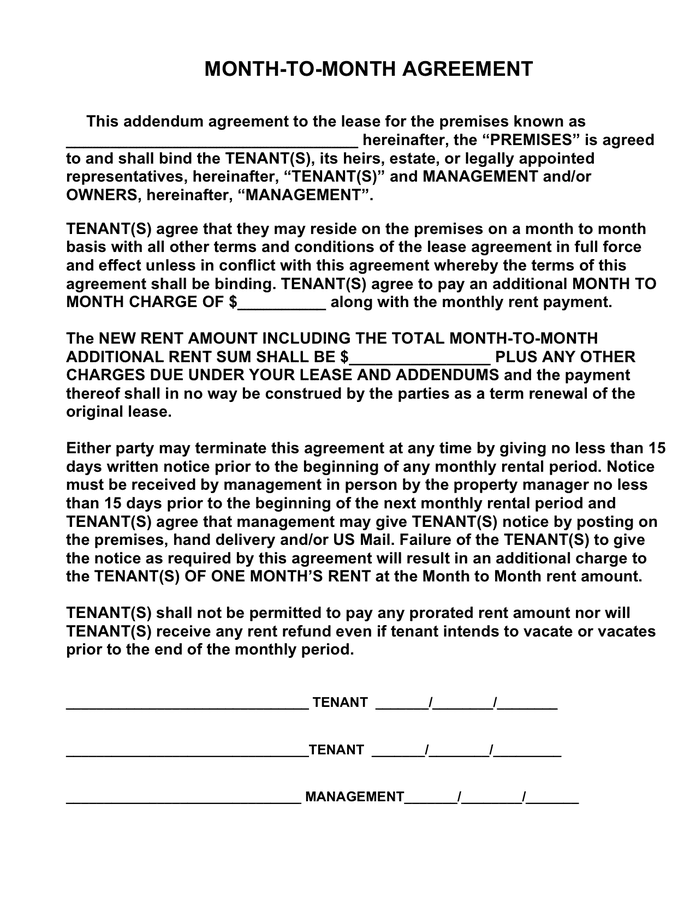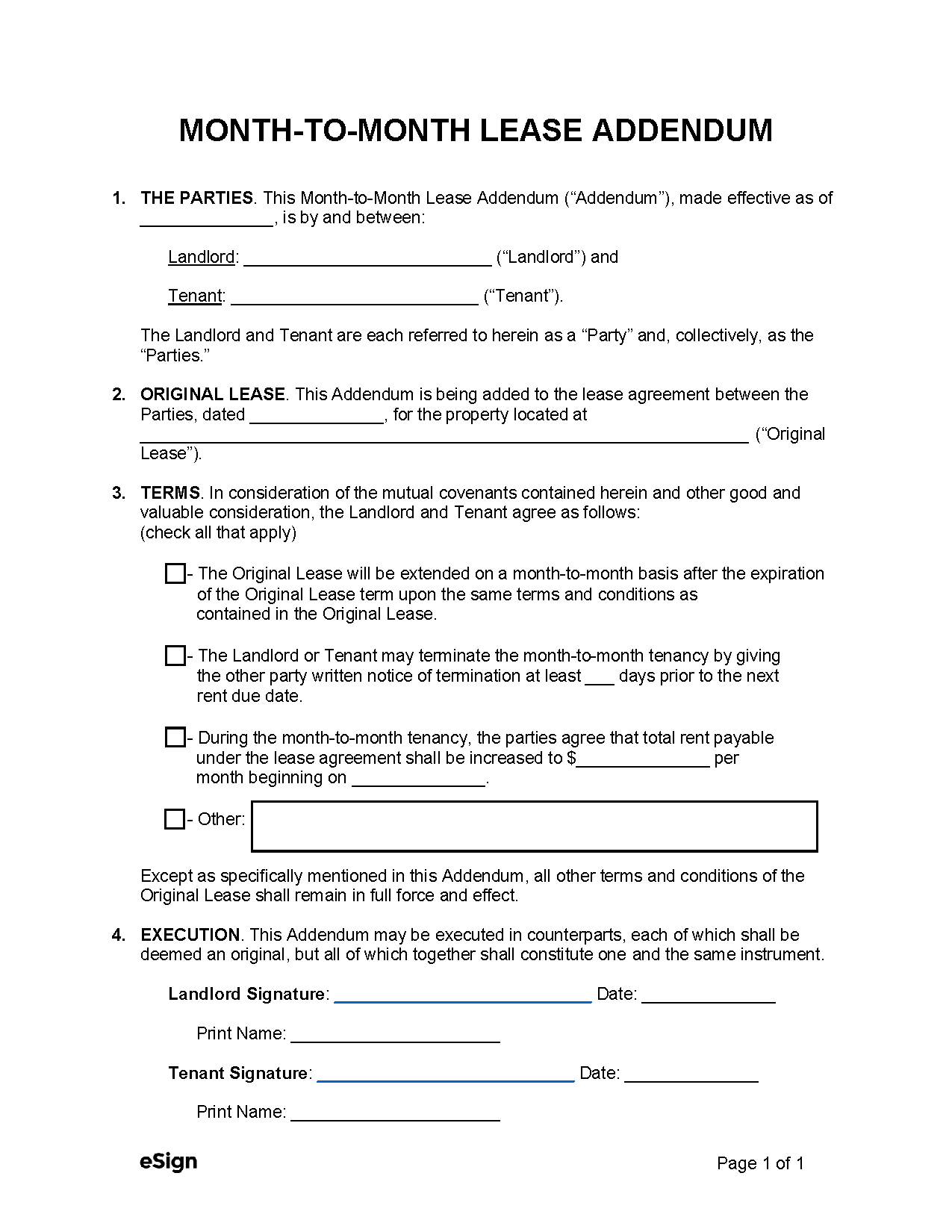Understanding Month-to-Month Tenant Rights: A Complete Guide
Understanding Month-to-Month Tenant Rights: A Complete Guide
Blog Article
Letting under a month-to-month lease appears variable and convenient. But what rights do tenants have in such preparations? Whether you are presently in a month-to-month lease tenant rights contract or are contemplating it, understanding your rights is essential to preventing misconceptions or disputes with landlords. This information features the most necessary facets of tenant rights you should know.
What Is a Month-to-Month Lease?
A month-to-month lease is a hire deal that renews automatically on a monthly basis until possibly the landlord or tenant gives the required detect to stop the agreement. Unlike long-term leases, which on average lock tenants into a six- or twelve-month contract, a month-to-month lease offers freedom for equally parties. But, that mobility usually includes certain legal considerations.

Key Month-to-Month Tenant Rights
1. Right to Proper Notice
One of the most critical rights for month-to-month tenants is the proper to appropriate observe before any significant improvements occur. This can include firing of the lease, rent raises, or adjustments to rental terms.
Firing Notice: Tenants usually receive 30 days'detect before they have to vacate the property. However, in certain states, this period may be as long as 60 days, relying on how long you've existed on the house and regional rental laws.
Lease Increase Notice: Landlords may also be obliged below most state laws to supply improve written detect (often 30 days) of any lease increase.
2. Right to a Habitable Living Space
Whatever the lease type, all tenants are eligible for a habitable residing environment. That is known as the recommended guarantee of habitability and involves the landlord's obligation to:
Hold plumbing, heat, and electric methods operational.
Guarantee the unit is free of pests and hazards, such as for instance mold.
Resolve any issues that will make the living space unsafe.
If your landlord fails to meet these conditions, tenants could have the right to withhold rent or eliminate the lease, with respect to the laws in their state.
3. Right to Due Process for Evictions
Even with no long-term lease, month-to-month tenants cannot be evicted without cause or due process. Reasons for eviction may include non-payment of lease or violation of the lease agreement. But, landlords should follow state eviction laws, which more often than not involve prepared recognize and a court purchase if disputes arise.
4. Right to Privacy
Your landlord can't arrive unannounced, regardless of the phrases of the lease. State laws involve landlords to offer realistic detect (usually 24–48 hours) before entering the property for repairs, inspections, or featuring the system to potential tenants.

5. Freedom to Terminate the Lease
Mobility could be the trademark of a month-to-month lease. Tenants may on average cancel their contract with proper notice, which is frequently 30 days. But, be sure to provide written recognize within the selected schedule to avoid penalties.
Trends and Data on Month-to-Month Renting
Based on Apartment List, month-to-month leases are rising in recognition, specially among young renters and individuals navigating uncertain situations like work transitions or relocating. The need for freedom is more than actually, with around 50% of millennial tenants stating they value flexible lease alternatives over fixed-time commitments.
However, knowledge from Zillow also demonstrates tenants in month-to-month agreements frequently experience higher lease increases. The reason being landlords can alter lease more often in these kind of leases compared to long-term agreements.
Final Thoughts
While month-to-month leases provide unmatched mobility, it's essential for tenants to comprehend the rights and responsibilities associated with this agreement. Whether you're worried about eviction, rent hikes, or solitude, understanding your legal rights can allow you to produce knowledgeable choices and proceed with confidence.
Report this page